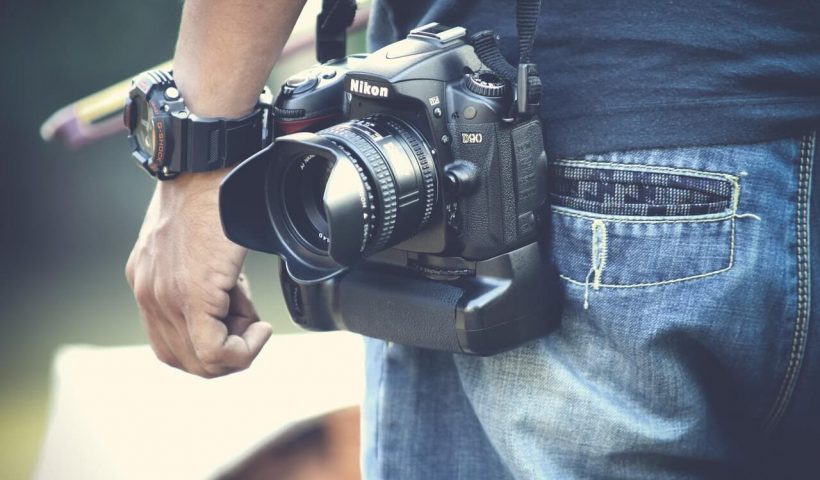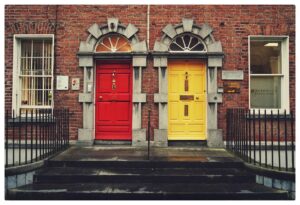What Is The Trading Allowance?

Are you an individual or a sole trader? Are you planning to start a small business or do you have some hobby that generates a bit of money? If yes, spare a few minutes to read this article about the trading allowance. You may benefit from using it.
What Is The Trading Allowance?
The trading allowance is an amount of income you can have each year without paying any tax on it or even reporting it to HMRC. It was first introduced in April 2017 and it’s £1,000 per year. It’s different to Personal Allowance and it’s not allocated to you automatically. It can be used for property income and trading income and if you have both, you get £1,000 for each.
Who can use the trading allowance?
The trading allowance can be used by individuals and sole traders, it can’t be used by partnerships or limited companies. If you have a hobby on the side or do a few hours of work for someone, for example, walking their dog or babysitting, the trading allowance can be something for you.
How to use the trading allowance?
How does the trading allowance actually work in practice? There’s two ways you can use the trading allowance.
Scenario 1
If you run a small self-employed business or have a hobby that pays you a little bit of money each year and this amount of gross income isn’t above £1,000, you don’t have to report it to HMRC and file a self-assessment tax return. It also means you don’t have to pay any tax on it. If you have trading income from more than one source, for example, you work as a photographer from time to time and sometimes you fix small things for people in exchange for money, you will only have one trading allowance per year. So, when establishing whether you have to report your income to HMRC or not, you need to add up all the income from all trading businesses and then see whether it’s above or up to £1,000.
The same rule applies to your properties. If you have more than one property and receive income from them, you need to add up all the income. You don’t get trading allowance per property; you get the allowance per the combined income from the properties.
Scenario 2
If your annual income from the properties or trades is above £1,000 you can still use the trading allowance. You simply deduct it from your gross income and the amount you’re left with is your profit. You then have to pay tax on that profit. When you use the allowance in this way, you can’t deduct your actual costs from your gross income additionally. You use the allowance instead of your actual expenses.
Should you use the trading allowance?
Yes and no. The answer will depend on your situation.
- Yes - If you just run a small business or have a hobby to get extra money to help you with costs of living or purely because you like doing something from time to time but you’re actually not trying to grow anything bigger.
- Yes – If you’re already registered as self-employed and your actual expenses are lower than the trading allowance of £1,000, use the allowance against your gross income.
- No – If your total actual costs add up to more than £1,000, deduct them from your gross income instead of using the allowance.
- No - If you actually want to be classified as a self-employed person, you should report your income to HMRC by submitting a self-assessment tax return even if it’s below £1,000. The reason for this may be that you’re trying to grow a bigger business.
If you’re looking for professional accounting support, contact our friendly accountants from Oxford.

Your Accountant in Oxford
Oxford Office
Joanna Bookkeeping
The Wheelhouse Angel Court
First Floor, Angel Court
81 St Clements St
Oxford
OX4 1AW
Connect
joanna@joannabookkeeping.co.uk
01865 591952





